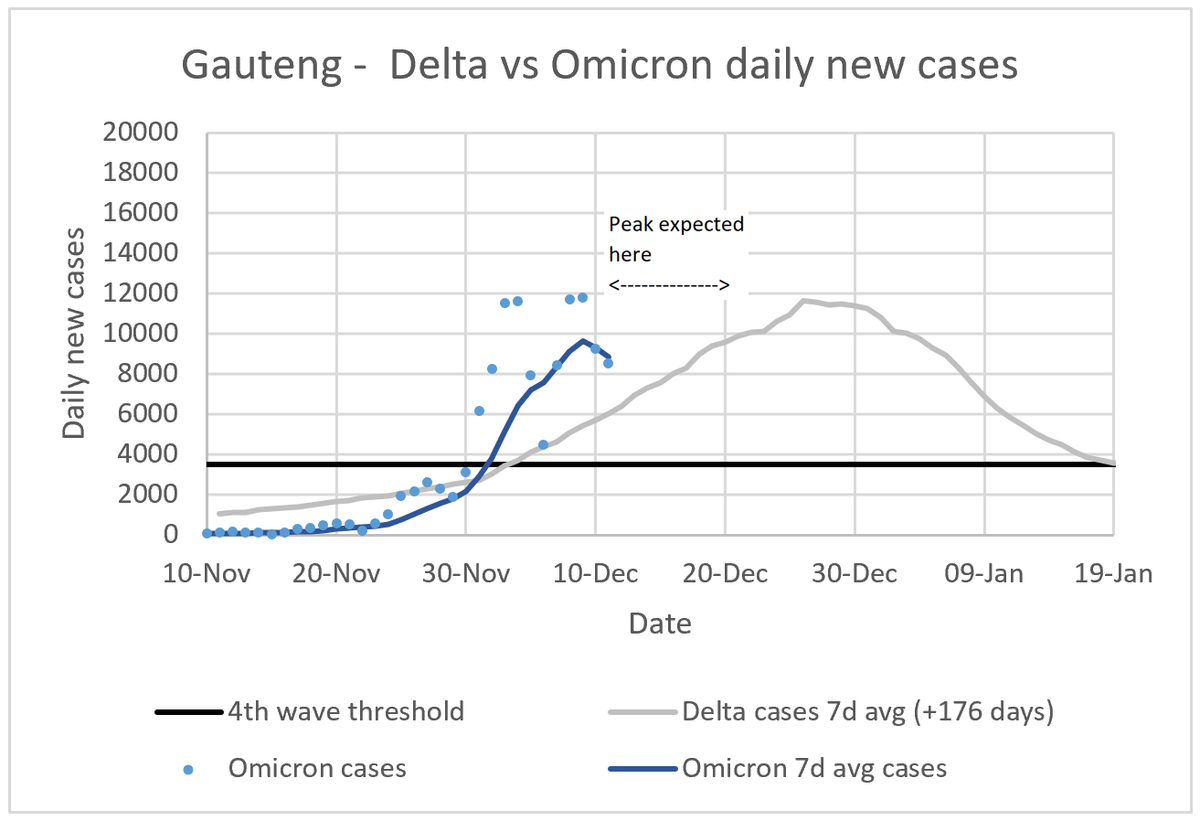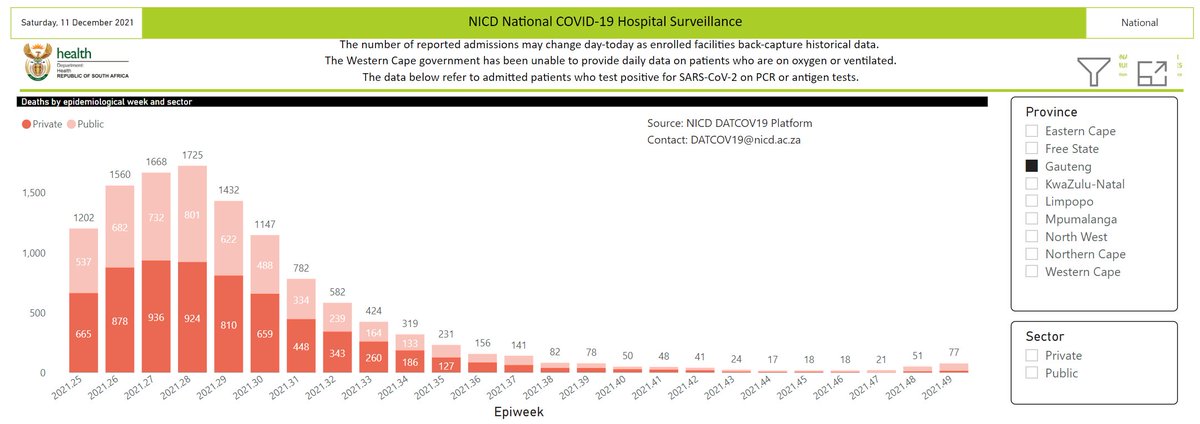
1/11
How can trust in healthcare institutions be restored?
One characteristic of healthcare institutions globally has been the strategy of setting behavioural goals, and then crafting the narrative around this.
There has been little effort to increase understanding.
How can trust in healthcare institutions be restored?
One characteristic of healthcare institutions globally has been the strategy of setting behavioural goals, and then crafting the narrative around this.
There has been little effort to increase understanding.
2/11
For example, if the goal is to vaccinate everyone, statements that hamper this goal, even if the statements are true, are actively discouraged.
People pick up on this, it undermines trust and hampers a better understanding.
For example, if the goal is to vaccinate everyone, statements that hamper this goal, even if the statements are true, are actively discouraged.
People pick up on this, it undermines trust and hampers a better understanding.
3/11
"Don’t try selling the herd immunity concept- it’s not going to materialise and paradoxically undermines vaccine confidence." SA Vaccinologist.
Talk about natural immunity is discouraged, not because it does not exist, but because it might undermine vaccine confidence.
"Don’t try selling the herd immunity concept- it’s not going to materialise and paradoxically undermines vaccine confidence." SA Vaccinologist.
Talk about natural immunity is discouraged, not because it does not exist, but because it might undermine vaccine confidence.
4/11
Scary "do nothing scenarios" are primarily designed to nudge behaviour and maximise the lives "seen" to be saved.
If a country with light restrictions comes in much lower, it is easy to explain away by saying "some people did something".
Scary "do nothing scenarios" are primarily designed to nudge behaviour and maximise the lives "seen" to be saved.
If a country with light restrictions comes in much lower, it is easy to explain away by saying "some people did something".
5/11
My goal is to broaden understanding. I don't understand everything either, but as I learn I share what I have learnt.
Humans by nature desire to know.
My goal is to broaden understanding. I don't understand everything either, but as I learn I share what I have learnt.
Humans by nature desire to know.
6/11
If scientists act as self-righteous bullies, treating laymen as idiots, even if they are right, they should expect kick back from the broader community.
If scientists act as self-righteous bullies, treating laymen as idiots, even if they are right, they should expect kick back from the broader community.
7/11
Instead, scientists should aim to broaden the understanding of their work and listen to the concerns of ordinary citizens. Scientists should consider that scientists and scientific institutions are fallible, and capable of making mistakes.
Instead, scientists should aim to broaden the understanding of their work and listen to the concerns of ordinary citizens. Scientists should consider that scientists and scientific institutions are fallible, and capable of making mistakes.
8/11
When science is used to control human behaviour it will result in distrust.
Humans cannot be reduced to specific behaviours that are determined by external stimuli.
By doing this, human agency and freedom is left out of account.
When science is used to control human behaviour it will result in distrust.
Humans cannot be reduced to specific behaviours that are determined by external stimuli.
By doing this, human agency and freedom is left out of account.
9/11
Scientific institutions have been acting with a dogmatic arrogance that would leave Calvinist theologians uncomfortable.
This attitude has immunised experts and institutions against truly relevant problems or criticism.
Scientific institutions have been acting with a dogmatic arrogance that would leave Calvinist theologians uncomfortable.
This attitude has immunised experts and institutions against truly relevant problems or criticism.
10/11
Paul Feyerabend argued for a separation between Science and State, in the same way that there should be a separation between Church and State. Science should provide a specific perspective regarding policy but should not be put in a position of ultimate authority.
Paul Feyerabend argued for a separation between Science and State, in the same way that there should be a separation between Church and State. Science should provide a specific perspective regarding policy but should not be put in a position of ultimate authority.
11/11
Science is important, but so is religion and so is economics. An open society needs to be ruled by the democratic will of the majority, not by science, otherwise we may end up with a form of scientific tyranny.
Science is important, but so is religion and so is economics. An open society needs to be ruled by the democratic will of the majority, not by science, otherwise we may end up with a form of scientific tyranny.
• • •
Missing some Tweet in this thread? You can try to
force a refresh


























